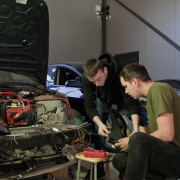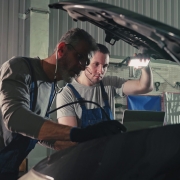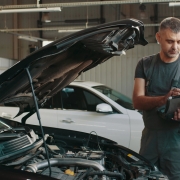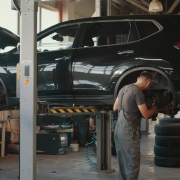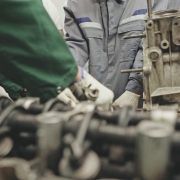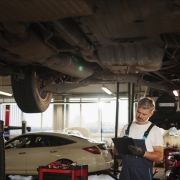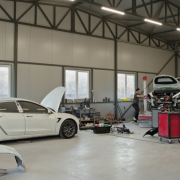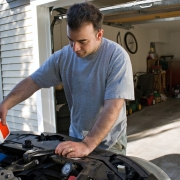Understanding the Most Common Car Repairs
Car repairs are an inevitable aspect of vehicle ownership, yet many drivers find themselves surprised by the frequency and scope of these maintenance tasks. Whether it’s a simple oil change or a more complex repair, understanding common car repairs can help prolong the life of your vehicle and enhance its performance. Dive into our comprehensive overview of the most commonly encountered car repairs to better equip yourself with the knowledge needed to address vehicle issues efficiently and communicate clearly with your mechanic when issues arise.
Routine Oil Changes and Engine Health
One of the most frequent services car owners encounter is the routine oil change. Oil is the lifeblood of your engine, keeping all the moving parts lubricated and running smoothly. Regular oil changes are crucial, usually recommended every 3,000 to 5,000 miles, depending on the type of oil and vehicle. Failing to maintain a consistent oil change schedule can lead to severe engine issues, which are far more costly than the maintenance itself and often require a trusted mechanic to resolve properly.
Battery Replacement and Electrical Reliability
Battery replacement is another common car repair that drivers often face. Over time, automotive batteries naturally degrade and lose their ability to hold a charge, typically lasting between three to five years. Recognizing the signs of a failing battery, such as dimming headlights or a sluggish start, can save you from inconvenient breakdowns. According to ConsumerAffairs, the price for major services for a vehicle can range from $296 to $474, making it essential to budget for such eventualities and consult an auto repair expert before a minor issue becomes a major expense.
Brake System Maintenance and Driving Safety
Another prevalent repair issue revolves around brake system maintenance. Over time, components like brake pads wear down due to use, affecting braking efficiency and safety. Regular inspections and timely replacements of brake pads and rotors are essential to make sure that your vehicle remains safe to drive. Ignoring early warning signs such as squeaking brakes or a spongy pedal can lead to more expensive repairs and decreased safety on the road, often requiring immediate attention from an experienced mechanic.
By familiarizing yourself with the most common car repairs, you’re better prepared to handle and possibly even prevent them. Regular maintenance and timely checks not only enhance the longevity of your vehicle but also assure safety and performance quality. Awareness and proactive action are key elements in managing vehicle repair needs effectively, ensuring peace of mind for any vehicle owner, so schedule your next service today with Melton Automotive.

